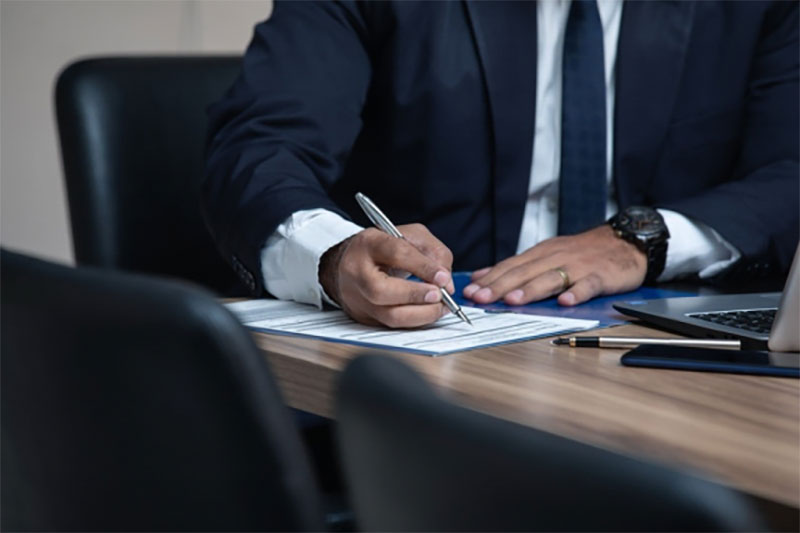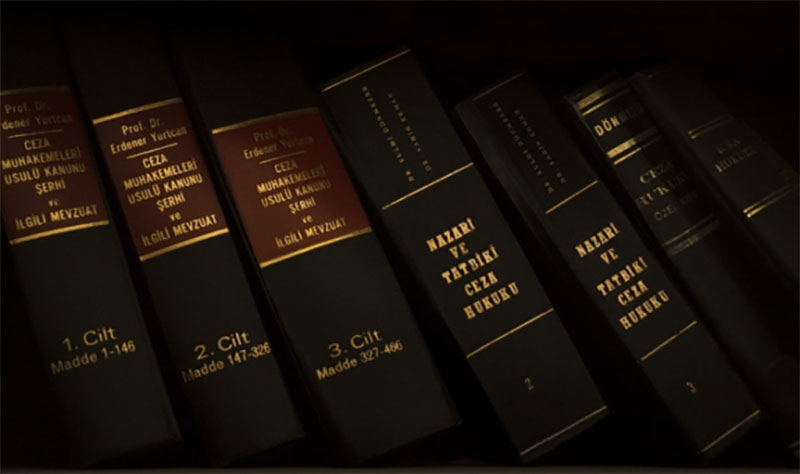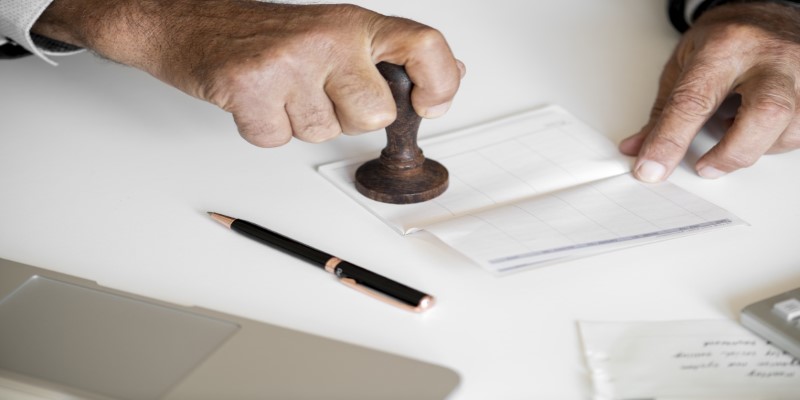If you are looking to implement asset protection strategies, choosing the right lawyer is one of the most important decisions you can make. With so many lawyers out there claiming to have experience in this field of law, it's essential that you do your research to ensure you select someone who understands the complexities associated with asset protection and has a track record of success working in this area.
In this blog post, we'll provide seven tips for choosing the right lawyer for helping secure your assets. From conducting thorough background checks and researching individual expertise areas, to understanding legal fees and asking relevant questions – following these simple steps will help guarantee that you find an experienced professional who can assist with all facets of asset protection. Let's dive in!
Research and review the lawyer's experience in asset protection strategies:

Before you hire a lawyer for asset protection advice, it's important to research their track record in this field. Ask questions such as: How many years have they been practicing in the area of asset protection? Have they successfully represented clients with similar needs and goals? What is their success rate in handling disputes related to assets? Look for references from past clients who were satisfied with the outcome of their case, and check out the lawyer's online reviews to gain further insight into their credentials.
Make sure the lawyer is licensed to practice law in your state:
All lawyers must be licensed to practice law in the state where they are providing services. Verify that the lawyer you intend on hiring is indeed licensed in your state and has no disciplinary actions against them from their licensing board. This will give you peace of mind knowing that your chosen lawyer is well-qualified and legally authorized to provide you with asset protection advice.
Ask for references from other clients who have used the lawyer’s services:
References from satisfied clients can speak volumes about a lawyer’s integrity and quality of service. Ask the lawyer for references from past or current clients, so you can get an unbiased opinion on their experience with the firm. It's also a good idea to inquire about cases similar to yours, and find out how long it took for them to reach a resolution. This will give you a better idea of what to expect once the lawyer is engaged.
Ensure that the lawyer has a good understanding of your financial situation:
Before you hire a lawyer, make sure they understand your financial situation and the goals of your asset protection strategy. Share all relevant details with the lawyer so that he or she can provide the best advice tailored to your needs. They should also have knowledge of any applicable tax laws and regulations that may affect how you structure your assets.
Inquire about any potential conflicts of interest with other clients:

When it comes to hiring a service provider, it's always important to ask about any potential conflicts of interest with other clients. While conflicts of interest can arise in different forms, it's essential to know that the provider you're hiring is capable of keeping your needs at the forefront and not simultaneously representing another client whose interests may run counter to yours.
Therefore, experts suggest that it's always wise to ask the service provider if there are any conflicts of interest or potential conflicts that may arise during their time of working together. This inquiry can help you determine if the service provider is the right fit for you or not. So, don't hesitate to ask this vital question before you hire any service provider.
Discuss fees and payment plans up front, so there are no surprises later on:
When you're selecting a lawyer to help with your asset protection strategy, make sure to ask about their payment plans and fees. Discuss the costs of different services such as filing fees or court appearances that may be required, so there are no surprises down the line. The lawyer should also provide an estimate of how much time they anticipate spending on your case and what other legal expenses may arise. This will help you plan for the future and make sure that your budget is in line with what's required.
Get everything in writing before signing any contracts or agreements:
It's easy to get swept up in the excitement of a big project or deal. However, it's crucial to take a step back and ensure that all details are in writing before signing any contracts or agreements. Verbal agreements can easily lead to misunderstandings and disputes down the line.
Having everything written out and agreed upon beforehand protects everyone involved, sets clear expectations, and provides a reference point if any issues arise. Don't leave anything to chance - always ensure that all terms and conditions are clearly stated and agreed upon in writing before making any commitments.
Conclusion:
Choosing the right lawyer for asset protection strategies is no small task. By following the seven tips outlined in this blog post, you can streamline the process and ensure that you select a qualified professional who has experience with asset protection and can help secure your assets. From conducting thorough background checks to discussing fees and payment plans up front – these simple steps will help guarantee that you find an experienced lawyer who can assist with all facets of asset protection. Good luck!
FAQs:
What should I do if I’m not satisfied with my lawyer's services?
If you're unsatisfied with the service provided by your lawyer, reach out to your state licensing board and file a complaint. Make sure to provide detailed information about the issue so that the board can properly investigate it. Depending on the severity of the complaint, you may be eligible to receive compensation for any losses incurred or damages caused by the lawyer's negligence.
How do I find out if a lawyer has experience in asset protection?
The best way to determine if a lawyer is experienced in asset protection is to ask for references from past clients who have used their services. You can also research online reviews to gain further insight into their credentials. Inquire about cases similar to yours and find out the lawyer's success rate in handling asset protection disputes.
Is it necessary to get all agreements and contracts in writing?
Yes, it is essential that you get all agreements and contracts in writing before signing them. This will protect both parties involved and help ensure that everyone is on the same page. Verbal agreements can easily lead to misunderstandings and disputes down the line, so make sure to get everything in writing before making any commitments.




